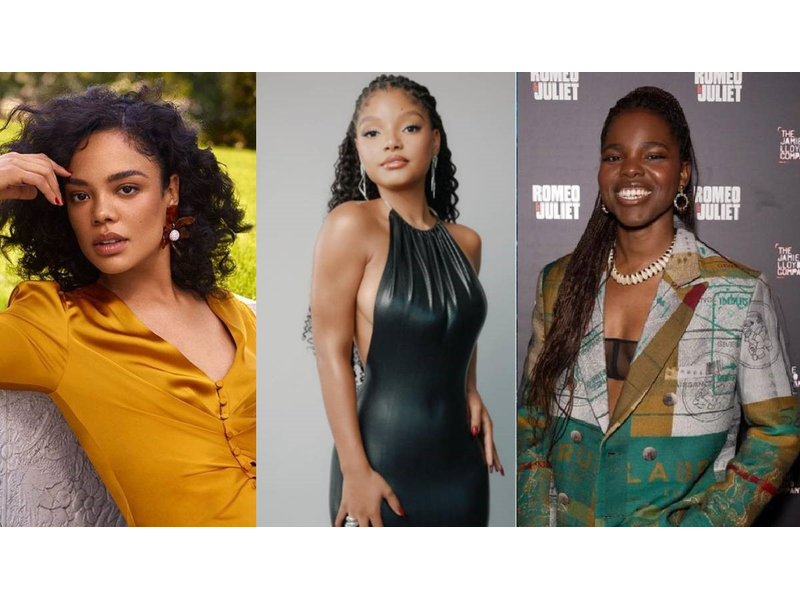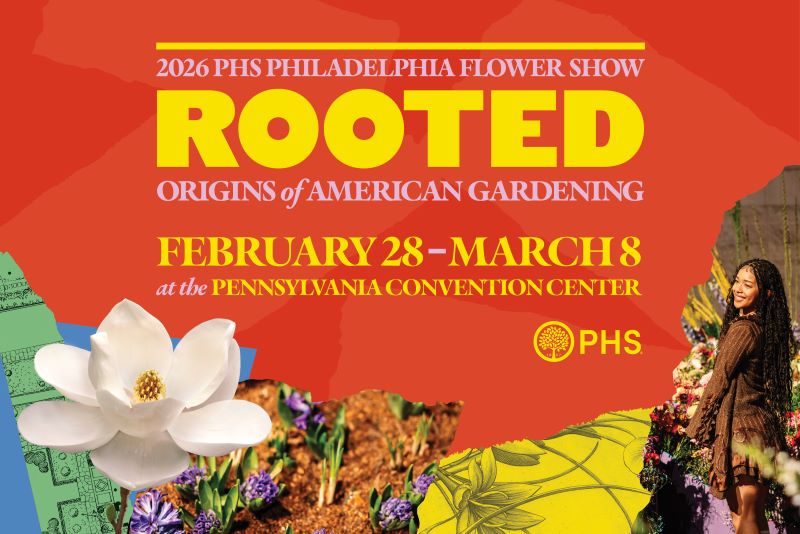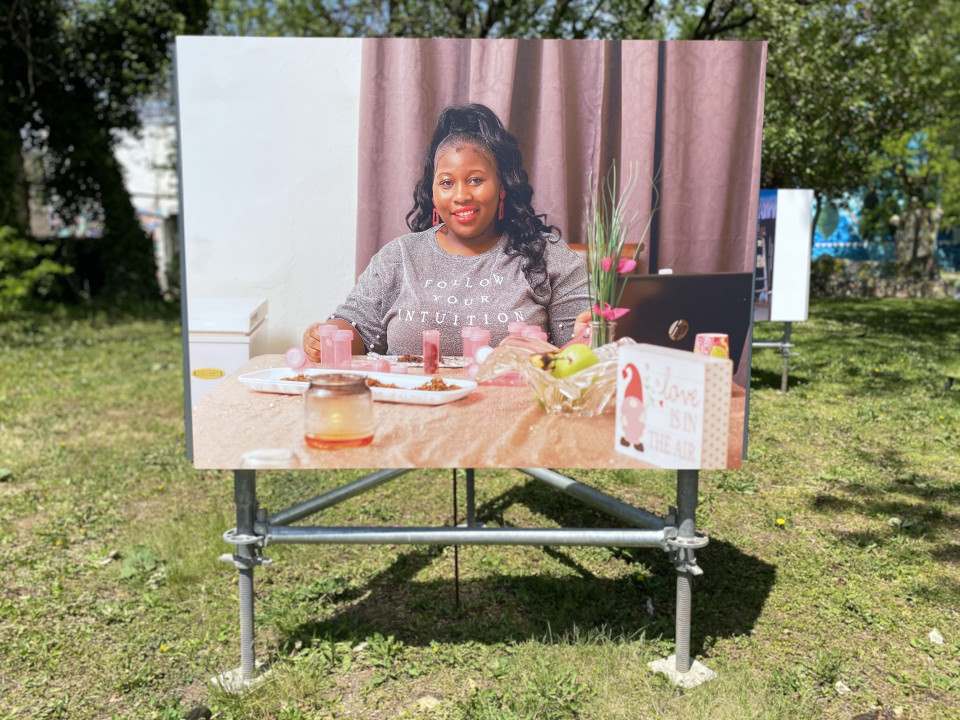Image Source: See below.
From Viola Davis to Angela Bassett and many others, Black women have been breaking down systemic barriers and making a name for themselves in the movie industry. These women have been challenging Hollywood’s status quo, proving that they can play any role they want, and that talent knows no color. However, getting to the top did not come on a platter of gold. Many have faced harsh criticisms and online harassment for taking on roles that are traditionally, or in some cases historically, depicted as White characters. Despite their undeniable achievements and immense talent, these Black women are frequently forced to defend their place in the spotlight, simply because of the color of their skin.
Every time a Black actor plays a traditionally White main character, there is always some racist backlash. It’s like an unending cycle. The minute a Black woman steps outside her ‘assigned’ role for what some believe should be exclusively reserved for White actors, she becomes food for internet trolls. She trends for days as she finds herself at the center of unwarranted criticism and racist attacks. Despite the negativity, a handful of supporters defend her against the unwarranted criticism and racism. After a while, the whole chaos dies down. A few months or years later, it’s another Black woman’s turn to go through the same challenge.
Is it fair that Black women are constantly met with negativity when they work so hard and receive the opportunities they rightly deserve? From online trolls to racial slurs, let’s explore some of the instances where Black actresses have faced a barrage of hate for daring to break free from stereotypes and being cast in roles traditionally portrayed by White characters.
Francesca Amewudah-Rivers as Juliet in Romeo and Juliet
Amewudah-Rivers is the latest on the chopping block. When the Ghanaian-born writer, composer, and actress was announced as Juliet in the London West End production of Romeo & Juliet by Jamie Lloyd company, there was outrage within and outside the theater community. What should have been a joyous occasion turned into a nightmare as the young lady was subjected to a barrage of racial abuse online. Despite a record of outstanding stellar performances, Amewudah-Rivers found herself receiving so much hate in the comment sections with trolls questioning her beauty and desirability. Even the theater company’s own Instagram account had to disable the comment feature because of the overwhelming number of hateful comments.
In a strong show of solidarity, over 800 Black actors signed an open letter condemning the racial abuse. The production company, Jamie Lloyd Company, also condemned the abuse and called for an end to the negativity.
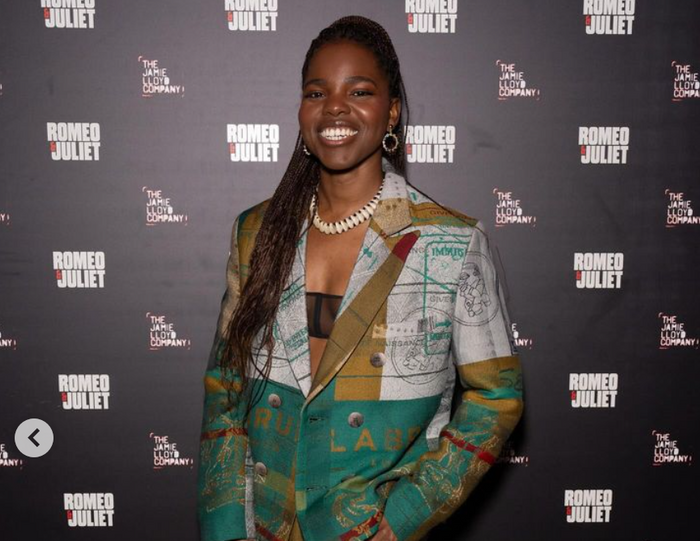
Photo credit: franarivers (Instagram)
Halle Bailey as Ariel in the Remake of The Little Mermaid
When Bailey was cast as Ariel in Disney’s live-action remake of The Little Mermaid, she faced racist backlash. The hashtag #NotMyAriel quickly gained traction as people expressed their opinions on the casting choice. In the 1989 animated film, Ariel appeared as a light-skinned, redheaded mermaid with blue eyes. It was no surprise that one of the most popular criticisms was about her looks, saying a Black woman with locs could not be Ariel. The official trailer for the flick received more than 1.5 million dislikes on YouTube.
The harsh criticisms stung but the actress held her head high. “As a Black person, you just expect it and it’s not really a shock anymore,” Bailey told The Face.
Jodi, the original star of The Little Mermaid in 1989, also spoke in defense of the actress after the bitter wave of racist backlash.
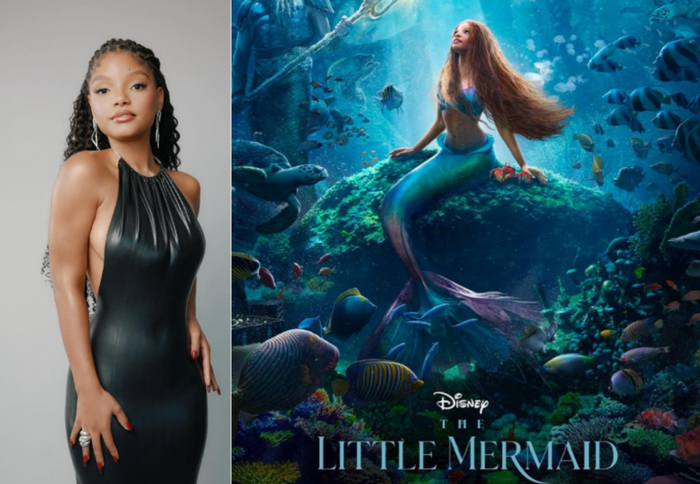
Photo credit: hallebailey (Instagram)
Zendaya as MJ in Spider-Man
The actress faced similar vitriol for taking on the iconic role of MJ, Peter Parker’s love interest in Spider-Man: Homecoming. Traditionally, MJ was depicted as a White, red-haired character in the comics. The internet was flooded with baseless criticism. A group of people targeted Zendaya for being a Black woman and playing a White woman’s role in the movie.
Despite facing racist attacks, the biracial actress brought a fresh, relatable take to the character, proving that talent and skill should transcend racial stereotypes.
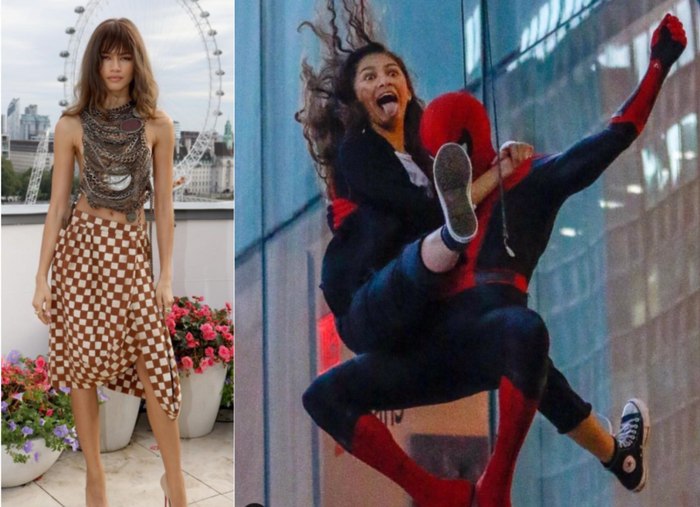
Photo credit: zendaya (Instagram)
Amandla Stenberg as Rue in The Hunger Games
In Stenberg’s case, she was just a child when online trolls cruelly suggested her character’s death in The Hunger Games was “less sad” because it wasn’t played by a White actor. When the actress was cast as Rue in the 2012 film adaptation of The Hunger Games, many critics were upset and took to social media to protest that she was Black, despite the character being pretty clearly described as having brown satiny skin in the book.
Stenberg weathered the storm of criticism with poise, turning a negative experience into a positive one. Today, she is a vocal advocate for racial equality and continues to challenge traditional norms in Hollywood through her work.
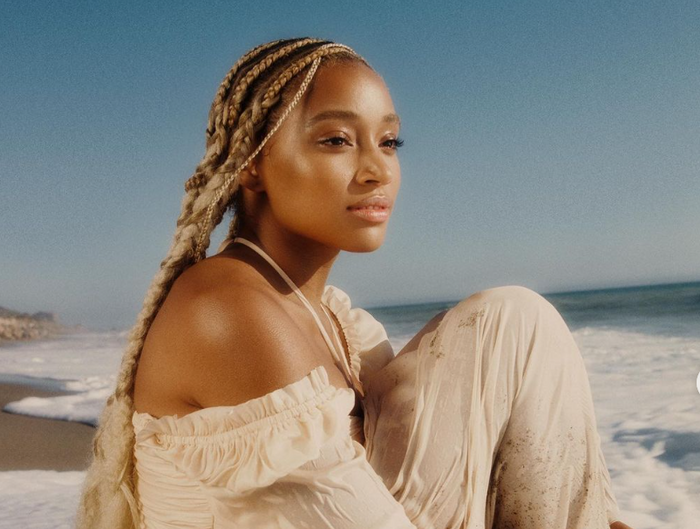
Photo credit: amandlastenberg (Instagram)
Laci Mosley in the iCarly reboot
Mosley joined a long list of women of color, who have been targeted by fans of popular franchises. When she was cast in the iCarly reboot, she immediately became a trending topic on X, with people flooding her comment section with racist comments.
Addressing her detractors, Mosley wrote on Instagram:
“I was shocked when a celebration of all the hard work we’ve put into making this reboot was overshadowed by the most racism I’ve ever experienced in my life over the course of 72 hours. I felt silly being so upset because I’ve been in this little brown body my entire life and racism isn’t new but it still hurts… Black is beautiful and no amount of slurs or vitriol you dump online will change that.”
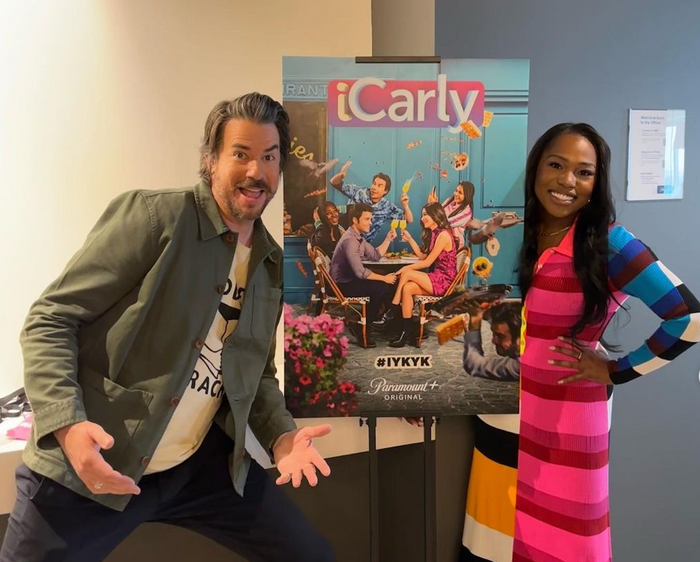
Photo credit: divalaci (Instagram)
Tessa Thompson as Valkyrie in Thor: Ragnarok
Not everyone was happy when the actress was added as a new Asgardian heroine named Valkyrie in Thor: Ragnarok and it was all because of what she looks like. Many Marvel fans began leaving racist comments on the actress’ Instagram and Twitter feeds.
“Systemic racism is something that is sewn into our DNA,” Thompson told the Standard. “Until we’re willing to really face it with honesty and fight it vigorously then it will continue to plague us.”
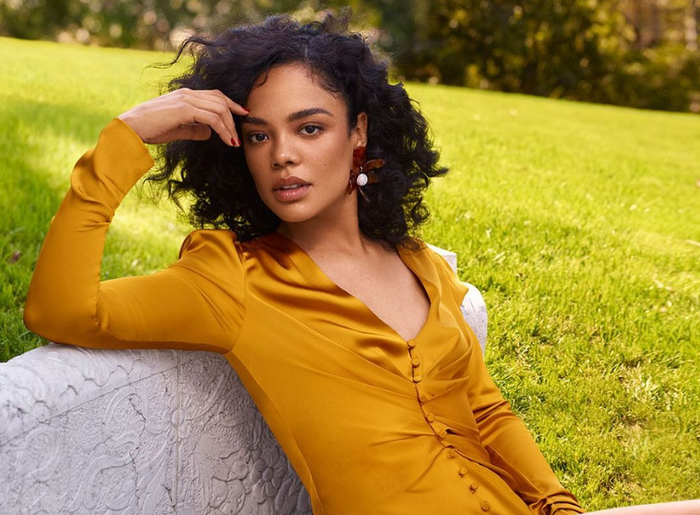
Photo credit: tessamaethompson (Instagram)
Nico Parker as Sarah in The Last of Us
Parker appeared as Sarah, the daughter of Joel in The Last of Us, based on the video game of the same name. She soon became a target of hateful comments on social media, as fans of the game were not pleased that a Black woman was playing the role. Sarah, the character Parker plays, is depicted as White in the original video game, which prompted some racist backlash.
Addressing the complaints about her casting, Parker told Yahoo Entertainment: “There are people for whom the game is incredibly important to them. But when it comes from a place where it’s just a disdain toward any kind of inclusivity, that’s where I don’t care. I don’t value that opinion and I don’t agree. I hope they can look past it and still enjoy the show. But I think inclusivity is incredibly important.”
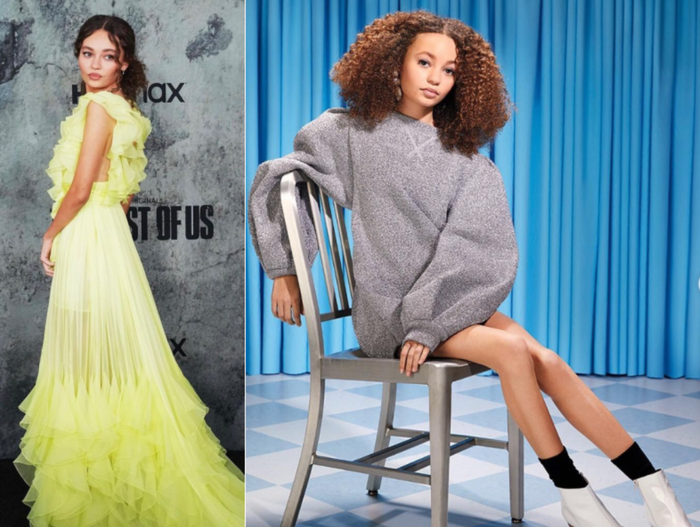
Photo credit: nicoparker (Instagram)
Storm Reid as Meg in A Wrinkle In Time
Reid drew online criticism when she was cast as Meg in the 2018 film, based on the 1962 book of the same name.
“Some people had problems with me playing Meg because they’d loved her as a Caucasian girl for so long,” Reid, who is Black, toldInStyle. “They were uncomfortable to have that shift, but the only way to create change in our world is through people willing to be uncomfortable.”
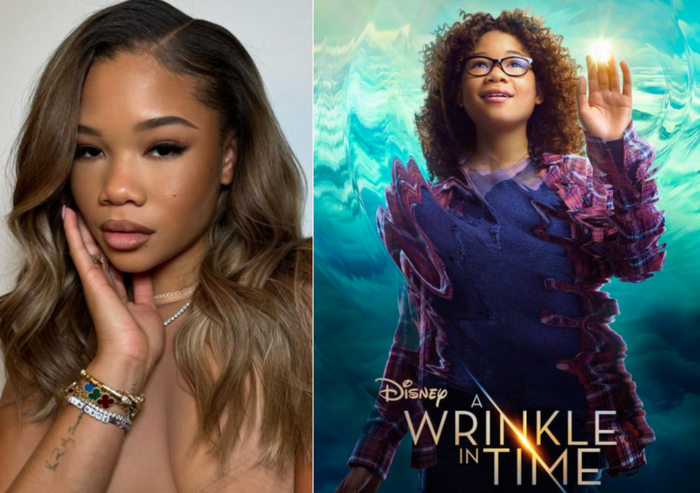
Photo credit: Storm Reid (Instagram / Facebook)
The controversy and backlash that always follow every time a Black woman is cast in traditionally White roles exposes the deep-rooted racism that continues to shape Hollywood. The trend of casting Black women in these roles is a positive development that is long overdue. By breaking down stereotypes and challenging Hollywood’s status quo, these women are showing the world that talent transcends race, and that they deserve to be celebrated for their work, rather than criticized for their skin color. They are also paving the way for future generations of Black actresses.

